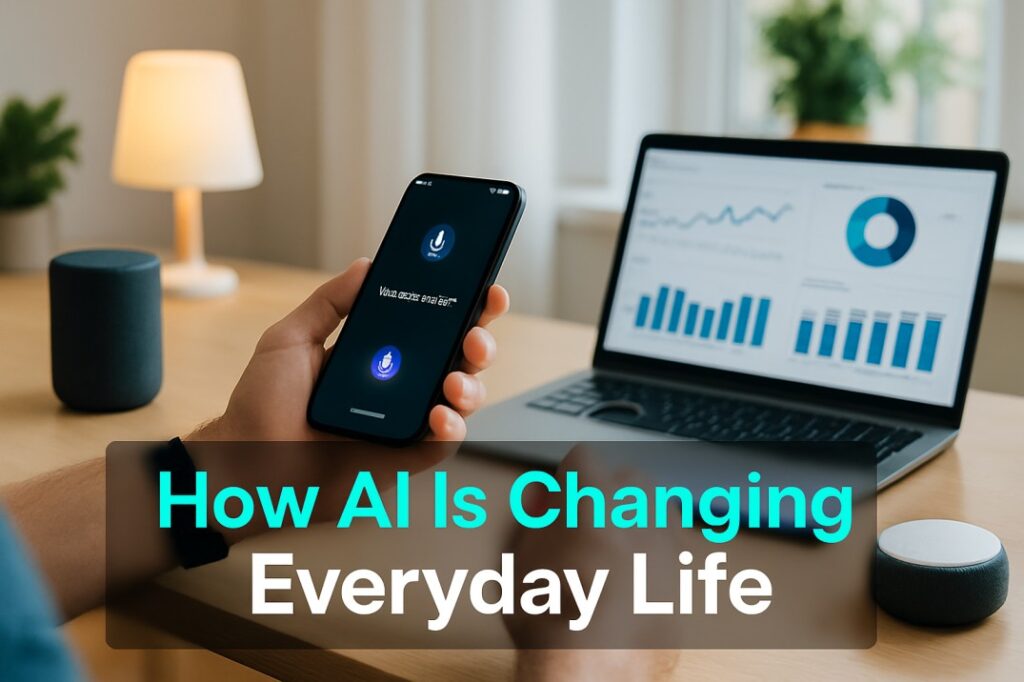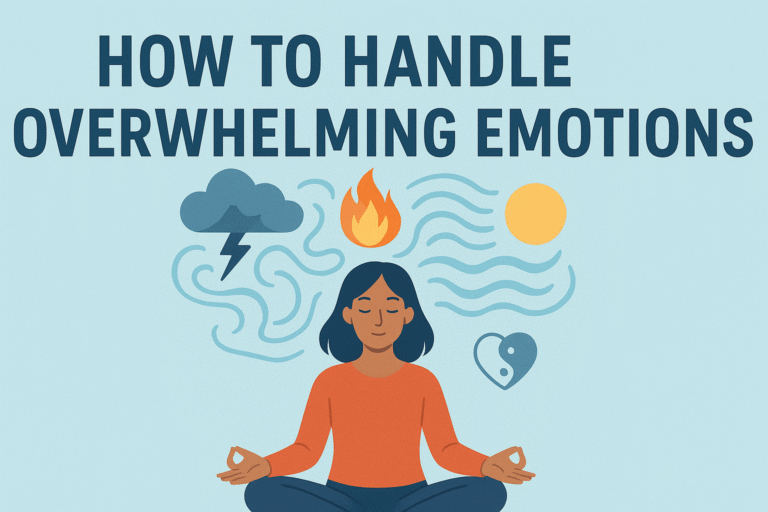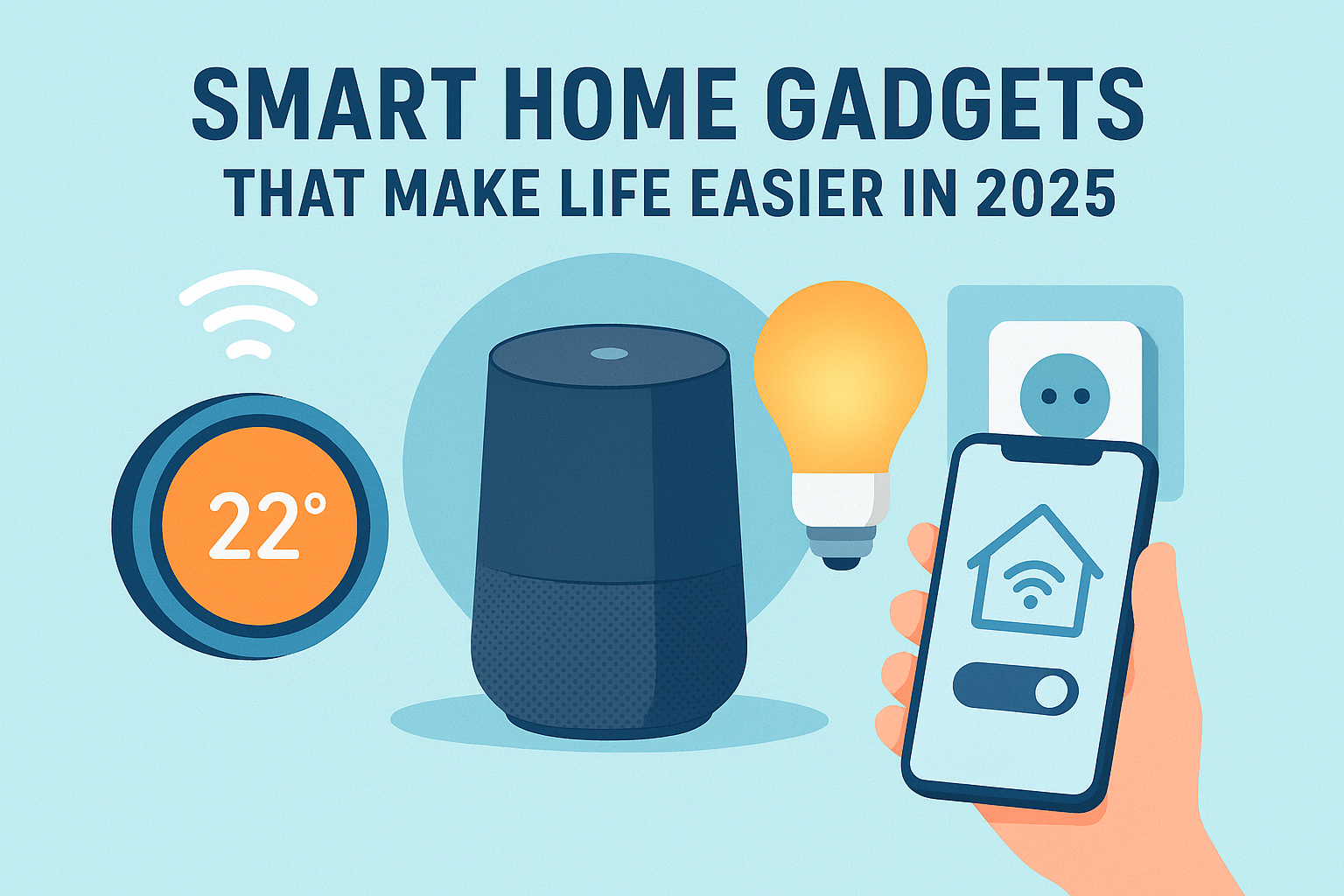
Beyond the Buzz: Real-Life Ways AI Is Making Our Lives Smarter and Simpler
In 2015, artificial intelligence felt like science fiction. In 2020, it started showing up in our phones and smart speakers. But in 2025, AI has quietly become a part of our everyday life — not just in big companies or tech labs, but in our homes, schools, jobs, and even relationships.
So, how exactly is AI changing our daily routines? Let’s break it down.
1. Waking Up to a Smarter Home
Gone are the days of clunky alarm clocks. Today, AI-powered assistants know your sleep patterns. Your smart bed tracks your movements, and your virtual assistant wakes you up gently during your lightest sleep phase. Meanwhile, your room adjusts the lights and temperature automatically, and the coffee machine starts brewing — all based on your habits.
2. Personalized Everything: From News to Nutrition
Your AI assistant doesn’t just remind you of meetings. It suggests meal plans based on your health goals, alerts you if you’ve been sitting too long, and recommends articles or podcasts tailored to your interests. Your phone isn’t just “smart” — it’s thoughtful.
3. Learning Gets a Brainy Upgrade
Whether you’re a school student or an online learner, Artificial intelligence is making education more personalized. Platforms now adapt lessons in real time. If you struggle with a concept, the AI slows down. If you’re ahead, it moves faster. Students with learning disabilities now have tools that read text aloud, convert speech into notes, and offer instant translations.
4. Smarter Work, Not Harder Work
In the workplace, AI handles repetitive tasks — scheduling, emails, data analysis — giving humans more space for creativity and strategy. Virtual meeting assistants summarize Zoom calls. Writers use AI to brainstorm faster. Designers use AI to generate mood boards in seconds.
AI isn’t replacing jobs — it’s reshaping them.
5. Commutes That Think For You
Whether it’s smart traffic lights that adapt in real time, or self-driving cab trials in metro cities, commuting is no longer a guessing game. Even if you drive yourself, your car can alert you to bad road conditions, nearby charging stations (if it’s electric), and help avoid traffic jams.
6. Health Monitoring That Never Sleeps
Wearing a smart watch? That’s AI keeping an eye on your heartbeat, oxygen levels, sleep quality, and even stress. AI in diagnostics is helping doctors detect diseases earlier. In some places, catboats are offering mental health check-ins and guided therapy.
It’s like having a mini doctor 24/7 — on your wrist or in your pocket.
7. Shopping That Knows You Better Than You Know Yourself
Ever get recommendations that feel scarily accurate? That’s AI analyzing not just what you buy, but how you think. From styling your wardrobe to curating your grocery list based on your past preferences and diet, AI is turning shopping into a personal experience.
Conclusion
While AI brings convenience, it also raises important questions:
- Who controls the data AI learns from?
- Can over-reliance on AI affect our own decision-making?
- How do we protect privacy in a hyper-connected world?
AI is powerful — but how we use it matters more than the tech itself.
In the early 1900s, electricity changed the world — not overnight, but quietly, in homes and industries. In the same way, AI in 2025 is no longer a “future trend” — it’s the silent force behind our smarter, faster, more personalized lives.
The best part? You don’t need to be a tech expert to benefit from it. AI is already here — woven into your day, learning from you, growing with you.
Would you trust an AI to cook your dinner or drive your car?
You probably already are — and you didn’t even notice.



